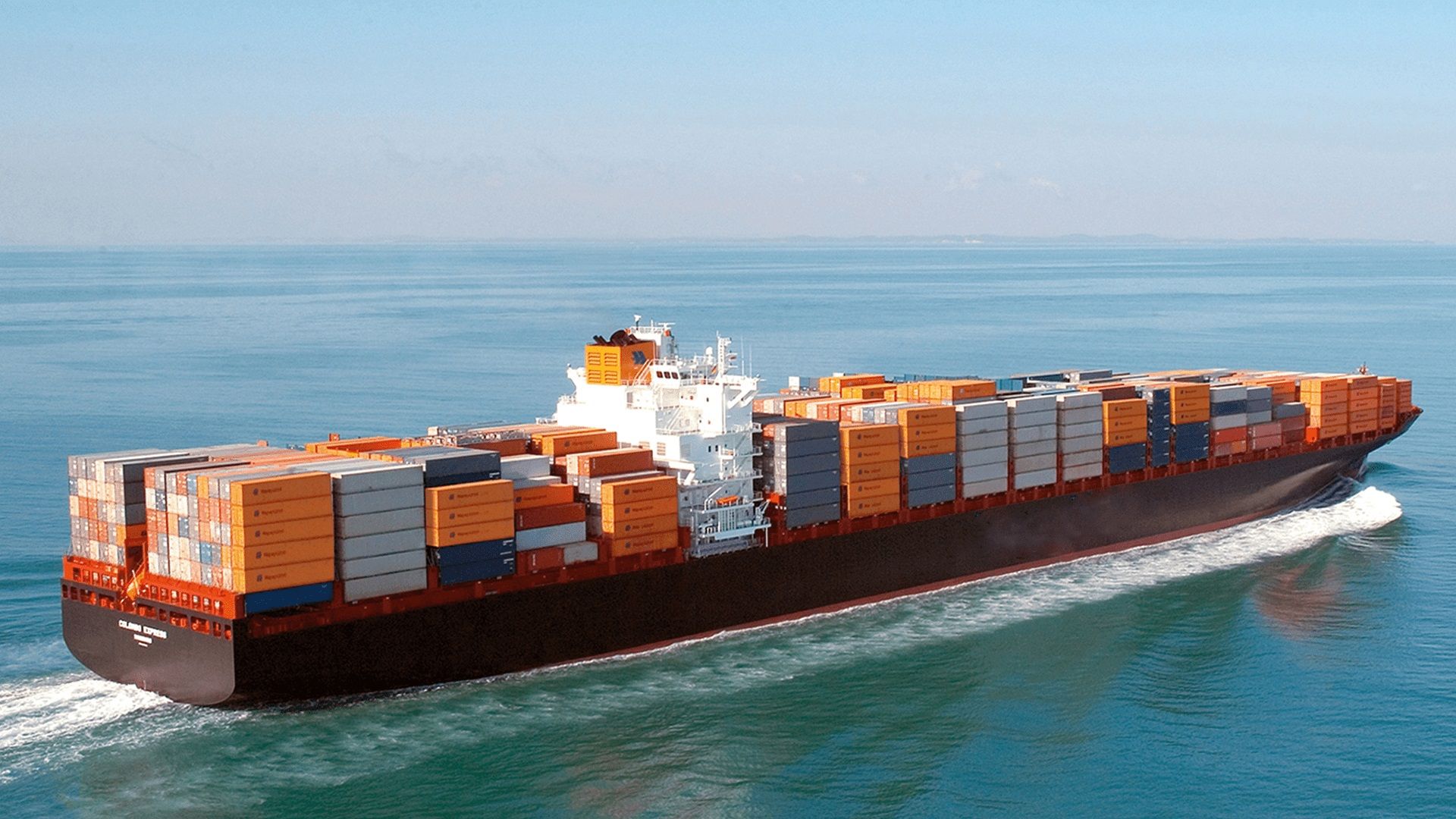 04
máj.
04
máj.
In a questionnaire survey, the Association of Hungarian Freight Forwarders asked its members what they perceive as the impact of the international pandemic on the freight forwarding market. The questionnaire also asked how long they think it will take to recover.
The MSZSZ stresses the importance of the clear distinction between carrier and forwarder under the 1959 and the new Hungarian Civil Code, but despite this, the terms freight forwarding, transport and logistics are still often confused.
The basic task of freight forwarders is to coordinate the organisational and technical tasks of the transport of goods, taking into account the transport infrastructure and market opportunities, in such a way that the consignment reaches its destination in the fastest, safest and most economical conditions. Freight forwarding is therefore the central 'transmission system' of logistics and the supply chain, with freight forwarders creating the link between shippers, carriers and other intermediaries," they say.
In addition to these core functions, freight forwarders very often perform other value-added logistics functions, such as, in many cases, transporting their own transport equipment, providing warehouse and production logistics and customs brokerage services to their customers. With an annual net turnover of more than HUF 1 000 billion, the Hungarian freight forwarding industry represents a major economic sector of the Hungarian economy.
How has the coronavirus epidemic affected the freight forwarding market?
The questionnaire survey carried out by MSZSZ reflects the opinion of the respondents and cannot be considered representative due to the low number of respondents. It shows a drop of between 10-30% in April compared to the same period last year, but with significant variations between modes of transport.
In domestic road transport, food, pharmaceuticals and consumer goods did not fall significantly, but the decline was of the order of 20 percent due to the almost complete shutdown of automobile firms and the closure of most other industrial firms.
International road traffic faced a more severe decline of 25-30 percent. Demand fell dramatically and day-to-day restrictions, unpredictable border situations and security measures further hampered services. Prices have fluctuated hectically, with excess capacity available for exports pulling prices down and capacity shortages for imports often pulling prices up.
Rail, air and waterborne transport
Rail transport has recently shown a mixed picture. Car and steel shipments have of course also declined, but there have been some areas, such as the market for the transport of agricultural products or imports from Italy to Hungary, where rail has even managed to increase its share. The overall decline was between 10 and 15 percent. The volume of goods transported in combined transport, understood in part as goods transported by road vehicles on rail, fell by 15-20%, mainly in Western Europe. Sea container transport started strongly this year, but Chinese restrictions were one of the first to hit traffic, with a 25 percent drop, making it one of the areas suffering the biggest losses. So far, companies have reported a decline of less than 20 percent in air freight.
River transport has been facing serious problems for a decade, mainly due to low and unpredictable water levels on the Danube. The low water level prevents vessels from transporting goods to their full capacity, making them less competitive and often making rail and sometimes road transport a preferable option for clients. In addition to the 30-50% decline in the last decade, the coronavirus has hit the sector by a further 10%.
What can hauliers do to mitigate the negative effects?
MSZSZ members estimate a timeframe of between 6 and 14 months after which they will be able to resume previous freight volumes.
The representatives of the MSZSZ and MKIK ask that during the emergency, priority be given to saving existing businesses rather than to investments in infrastructure, which will pay off in the very long term.
To this end, the MSZSZ has put forward a number of constructive proposals, but among these, our members consider it particularly important to extend and simplify the application for job protection wage subsidies (Kurzarbeit), to ease the tax and contribution burden on wages, and to support digitisation at state level by making the electronic receipt of invoices and waybills compulsory.


